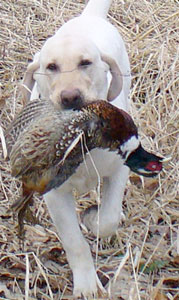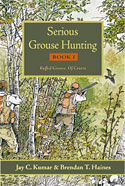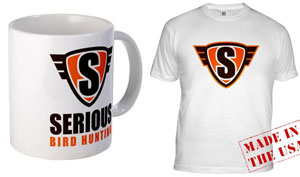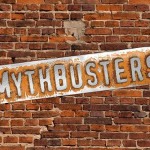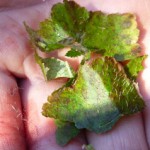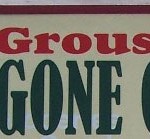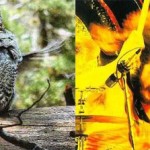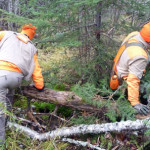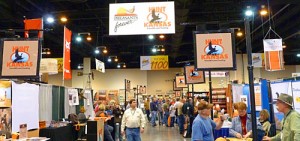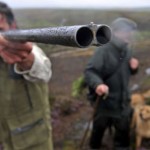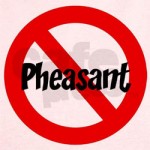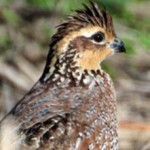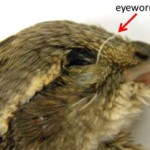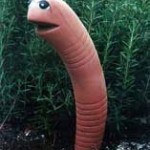Pup’s First Year Isn’t About You!
There’s one critical concept to remember as you prepare to take a young pointing dog afield for its first season: Those first few hunts are for the dog, not you.
Over the past 150 years or so, many great dogs have been developed through exposure to only wild birds. That’s a bit tougher to do these days, though, considering that there are fewer wild birds around, mainly because there are far fewer suitable places for them to live.
No matter your opinion of hunting preserves that release pen-raised birds, they have a couple of things going for them. For one, your dog is virtually guaranteed to be exposed to birds. And for another, it’s a much more controlled environment in which a savvy trainer can set up situations to shorten the dog’s learning curve.
Don’t Shoot!
Hopefully you’ve done some training with your pup before the season rolls around. When you get to the field, make sure to demand that he adheres to his general obedience training (returning to you on your command, turning with you when you change directions, etc.).
If you’ve already done some work toward his steadiness on point, then that must be carried over to a live hunting situation. If he jumps in and flushes a bird, DON’T SHOOT THE BIRD! If you pull the trigger and kill the bird, he’s going to get the idea that he’s doing exactly what he’s supposed to be doing and the task of getting him completely steady will be much more difficult down the road.
Holding your fire will be extremely difficult, but you must do it if your dog’s development is your primary objective.
Many hunter/trainers like to hunt a young dog alone, without other dogs on the ground, for its first season. A pup can build up its confidence that way and won’t be tempted to just follow a more experienced dog around the field, and you can focus all your attention on the pup and not have to worry about what another dog is doing.
If the youngster is accustomed to being out with another dog, it’s okay to hunt that way, but be sure that the young one stays under control and doesn’t interfere with the older dog. You also don’t want the older dog beating the younger one to every retrieve, either.
If you have someone you can take along to do the shooting for you, that’s an ideal scenario. It’s not easy to shoot a flying creature when your primary focus is another animal on the ground.
There’s no rule that says you can’t make a young dog drag a check cord around as it hunts. That will increase the likelihood that you can keep him under control.
Above all, be patient and consistent. No matter how much training a young dog has had, an actual hunt is a different experience. And if you lose your cool when a young dog misbehaves in the field or deviates from his training, you can quickly turn him off to the whole game.
Category: Dogs in general

